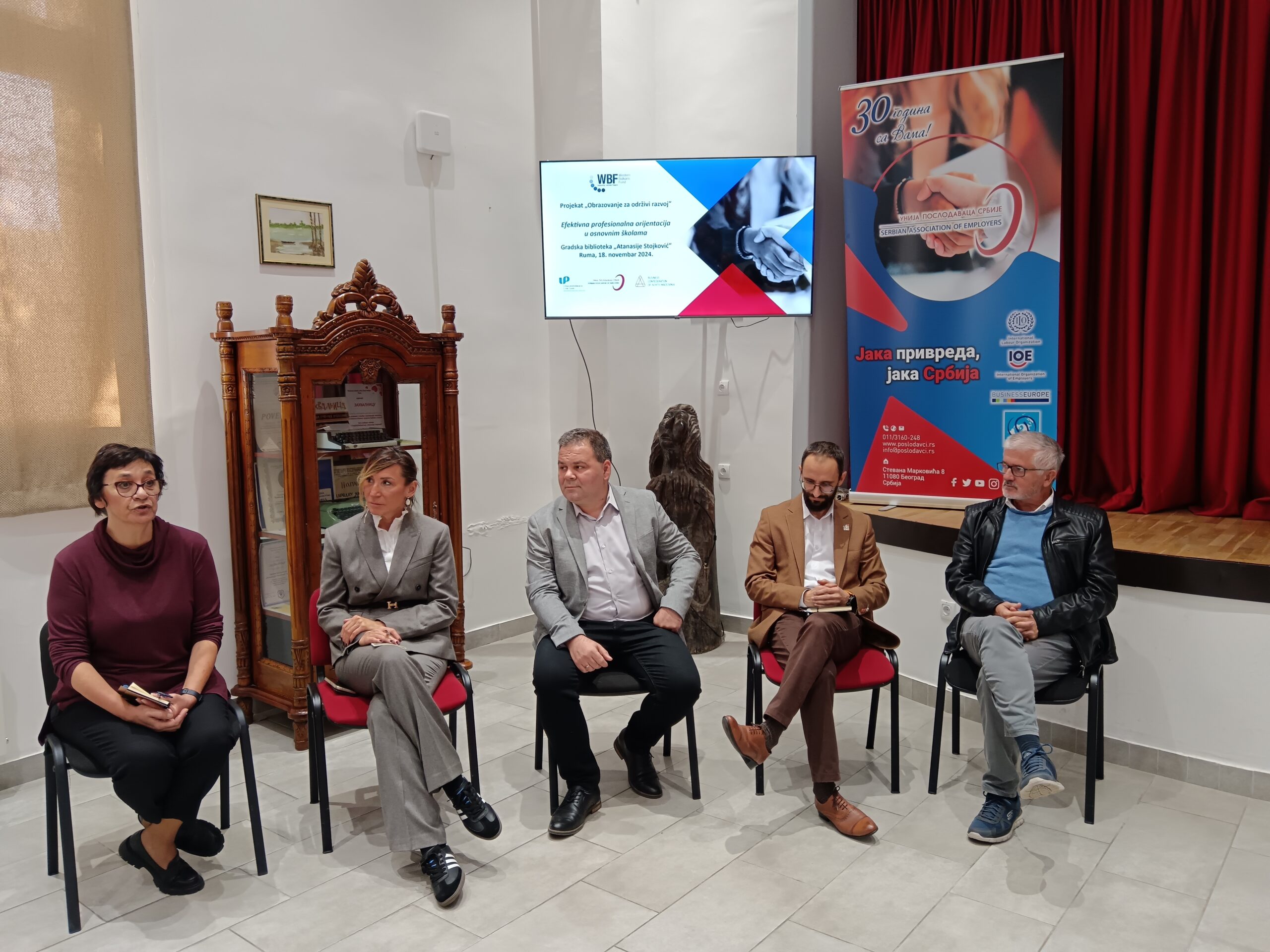
Connecting theoretical and practical knowledge is crucial for helping children realize their potential, concluded the round table discussion “Effective Professional Orientation in Primary Schools,” held on November 18, 2024, in Ruma at the premises of the “Atanasije Stojković” City Library.
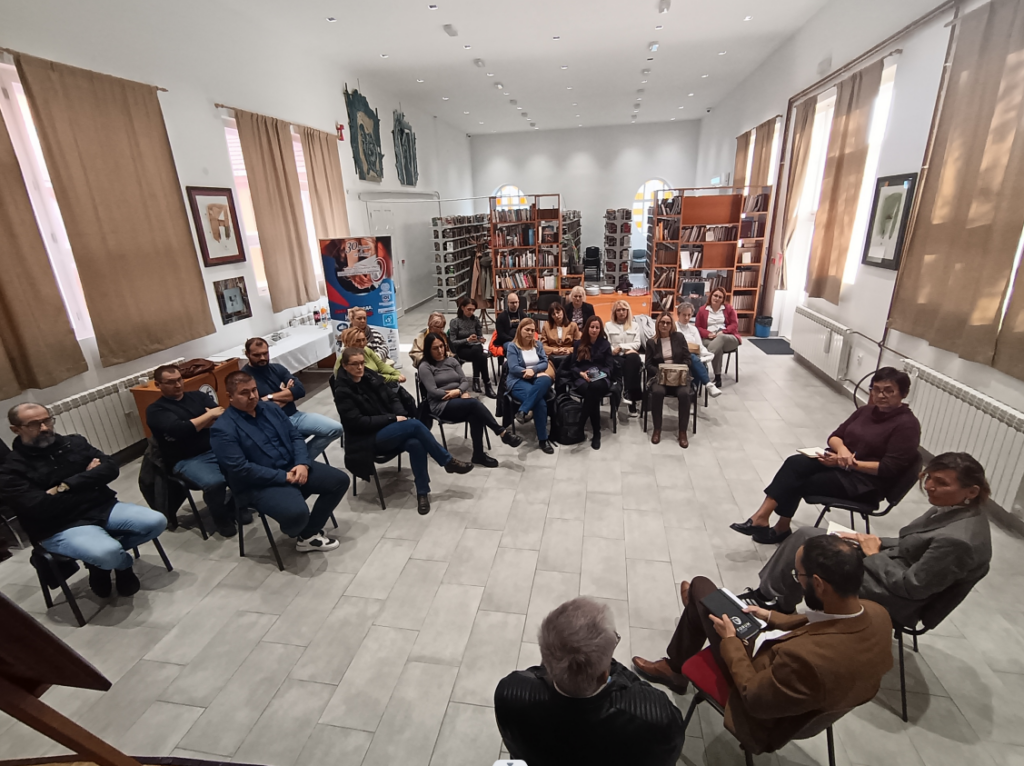
The round table was attended by representatives from the primary schools “Zmaj Jova Jovanović,” “Dušan Jerković,” “Ivo Lola Ribar,” and “Dositej Obradović” from Ruma, the primary school “23 October” from Klenak, and the primary school “Milivoj Petrović” from Fećko. Also present were representatives from vocational high schools “Stevan Petrović Brile” and “Branko Radičević,” the Technical high school “Milenko Brzak Uča,” employers from Ruma, local government representatives—including the President of the Municipality of Ruma, Dušan Ljubišić, and his assistant, Stevan Kovačević, as well as representatives of the Serbian Association of Employers.
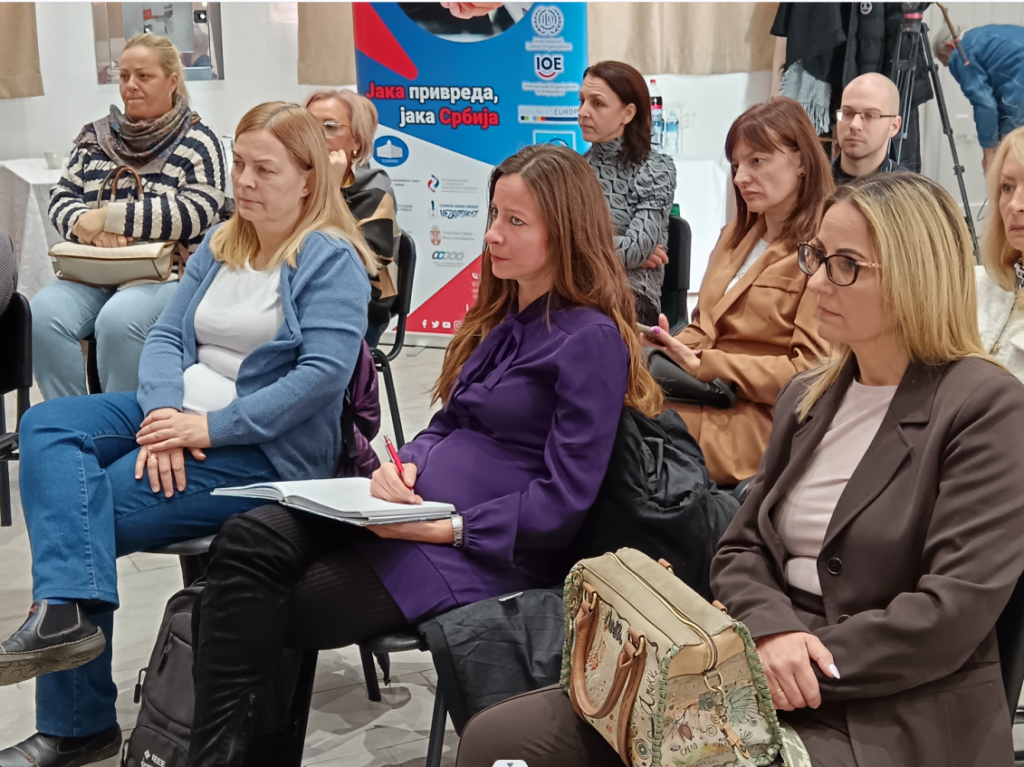
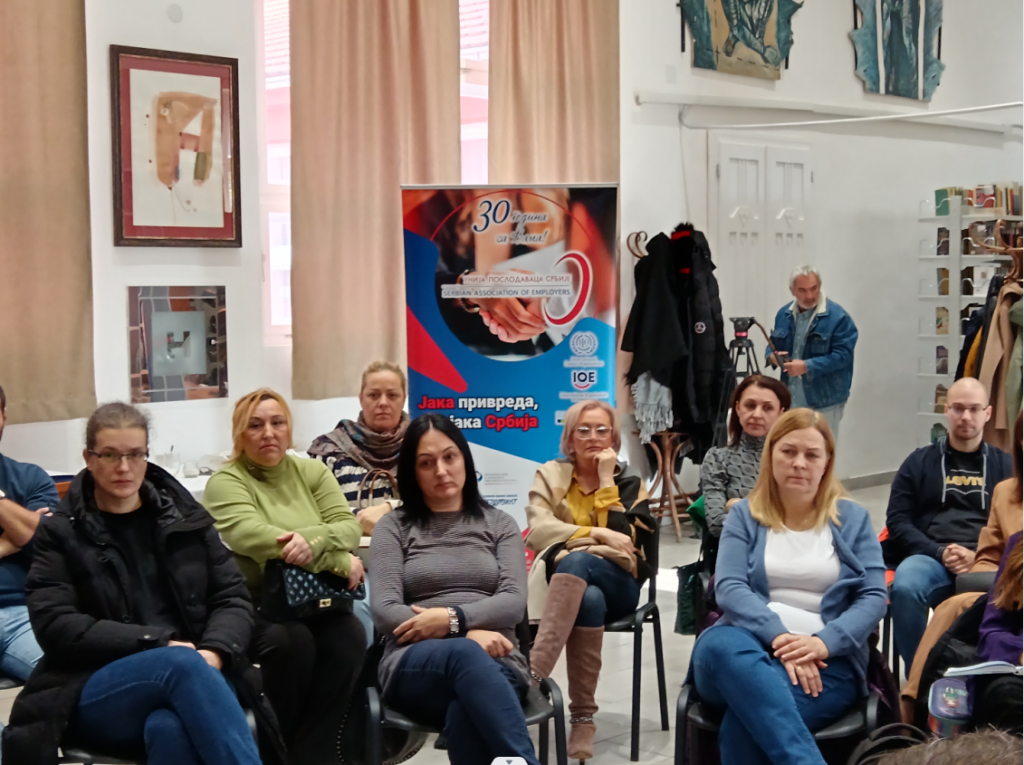
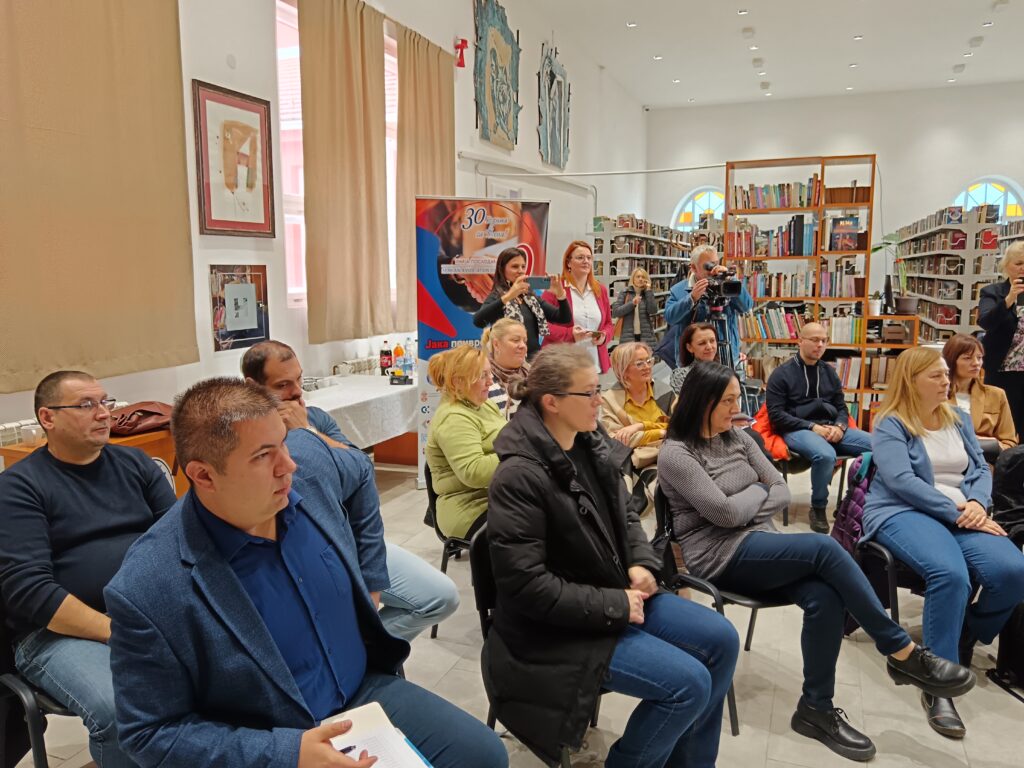
During a highly interactive discussion, it was emphasized that elementary schools pay a lot of attention to the professional orientation of students and approach this process in several ways. Class teachers discuss career orientation with students during homeroom classes, while creative subject teachers collaborate, such as physics and technical education teachers, to link theoretical knowledge with practical applications. Connecting theoretical and practical knowledge is emphasized as very important, for the reason that in this way children become much more aware of their potential.
The participants of the round table stated that a strong connection has been developed with secondary schools, which regularly visit primary schools and present their programs to new generations, as a glimpse into a possible future. In addition, parents are also involved in that process by presenting their occupations, according to the children’s statements about what they are interested in. The representatives of elementary schools especially emphasize the satisfaction of children that they have the opportunity to visit companies and have a direct and practical encounter with various occupations in a real environment.
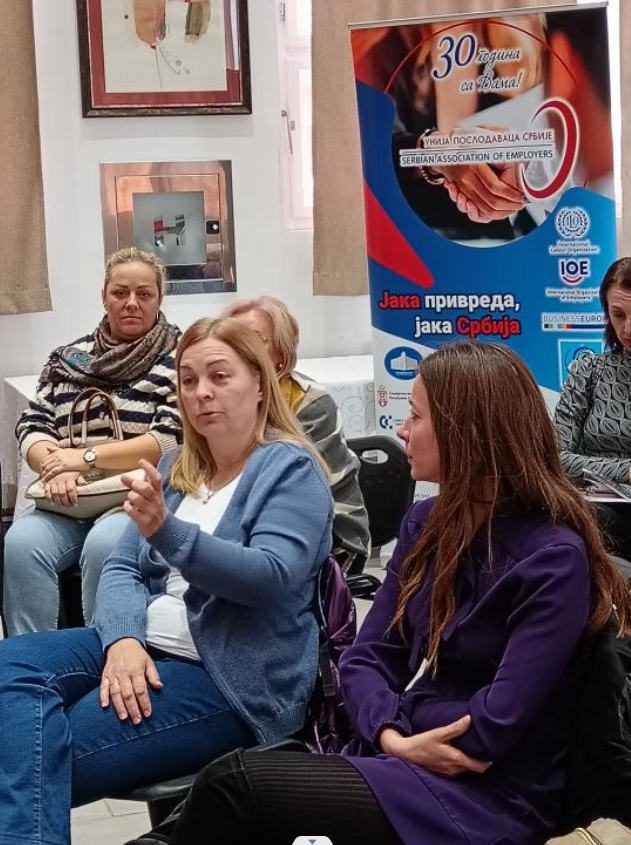
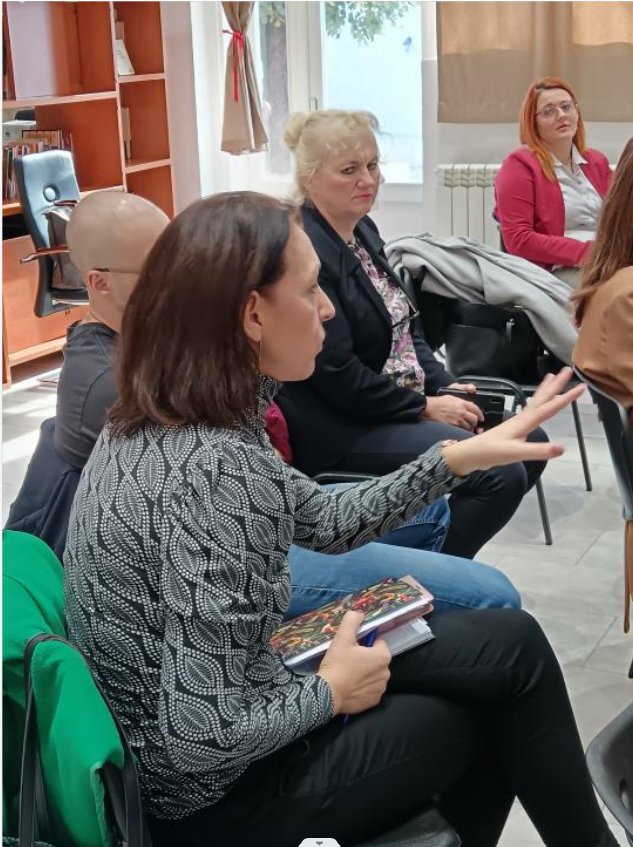
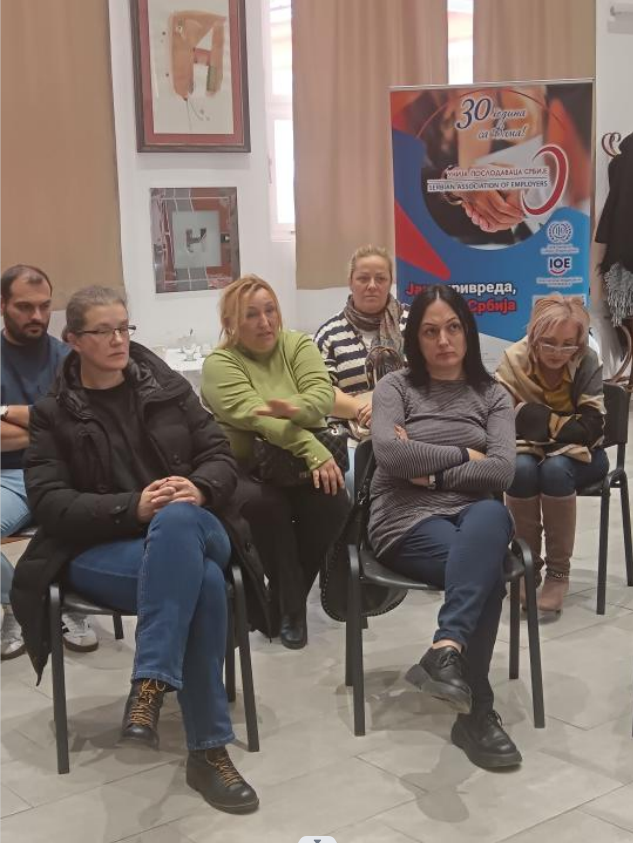

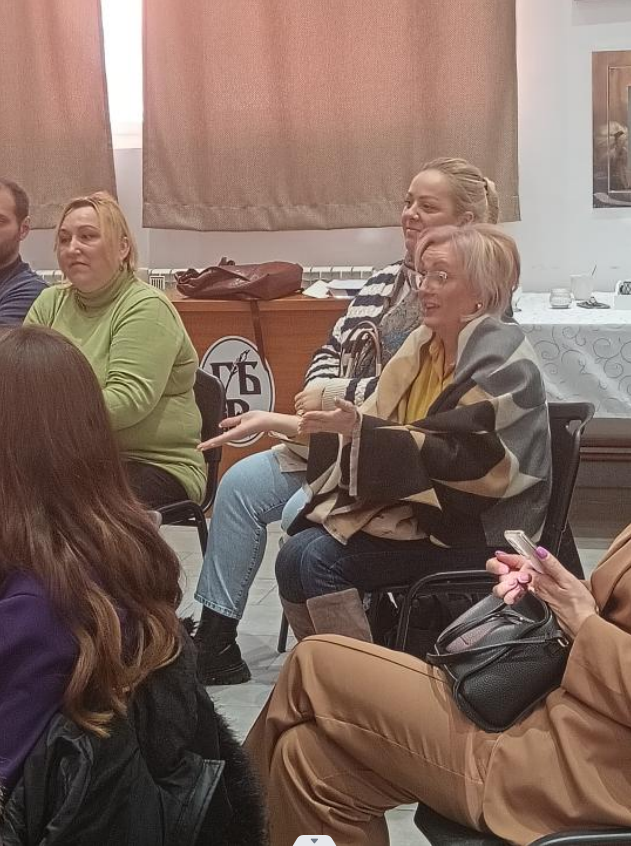
On the other hand, both primary and secondary schools face challenges such as a lack of training for teaching staff in new trends, methodologies, and technologies. Teachers themselves need education on emerging professions, digital advancements, climate changes, and more. Lifelong learning, naturally, applies to them as well. However, while such support is nearly non-existent, retraining existing staff in line with emerging professions can help prevent redundancies in schools.
Svetlana Budimčević from the Serbian Association of Employers stated that the Association, as an organization that represents the interests of employers and the economy, recognizes that sustainable economic development cannot occur without quality education aligned with the needs of industry and society.
“We participate in all processes of education reform, and that reform must start from the beginning, from preschool and school days. We want to encourage young people and teaching staff to get the best out of themselves. Education reform is slow, the education system should not follow the changes, but to anticipate the future needs of the economy. There must be a close synergy between the economy, education and the state so that we all come up with the best solutions, that children learn how to learn and how to be curious, how to explore on their own and to be young it instills in a person that his whole life should be improved and learned”, Budimčević said.
“We are very interested in aligning vocational profiles in our secondary schools with the demands of the economy. A recent example of good practice is the visit of a delegation from Chinese company Haitian to the Technical High School, where they announced their readiness to donate a CNC machine to the school. This is a step forward in modernizing education, allowing students to start learning and practicing on state-of-the-art equipment from their first year,” said the President of the Municipality of Ruma, Dušan Ljubišić.
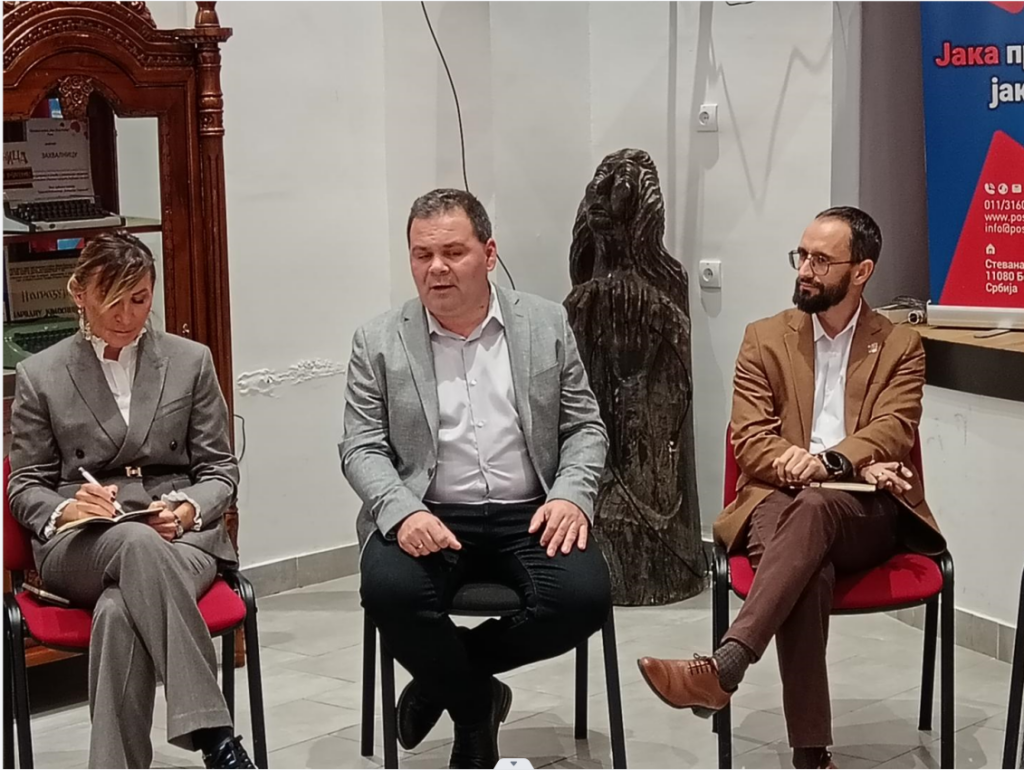
The Director of the Technical High School “Milenko Brzak Uča,” Vesna Ilić, highlighted that, in addition to the school’s involvement in the dual education system, they also collaborate on international projects, such as “Sa robotom na ti,” in partnership with CNT company. Through this project, students exchanged experiences with their peers from Portugal and Slovenia.
This is yet another event in a series supported by the Western Balkans Fund as part of the “Education for Sustainable Development” project, which aims to create a better educational and working environment, supporting the sustainable development of the economies of Serbia, Montenegro and North Macedonia and the Western Balkans region in the process of European integration.
The project promotes early career guidance and counseling, encouraging young people to embrace new knowledge and lifelong learning, and aims to reform the education system to better align with labor market needs by linking the economy and education from the primary school level. In this way, children and young people acquire the basic skills needed for later professional development.
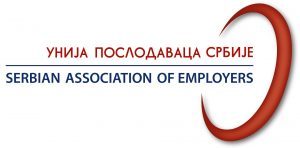
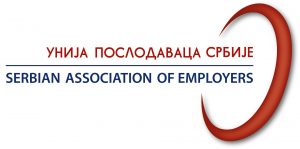
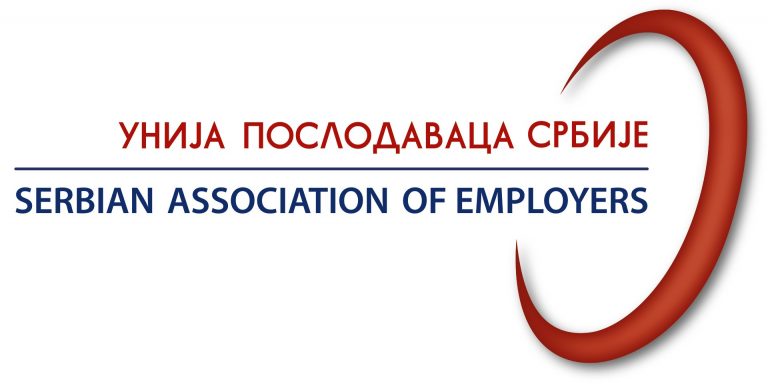
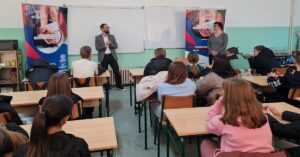
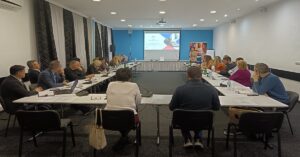
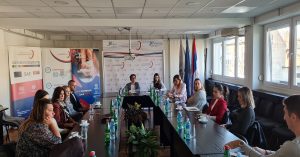
No comment yet, add your voice below!